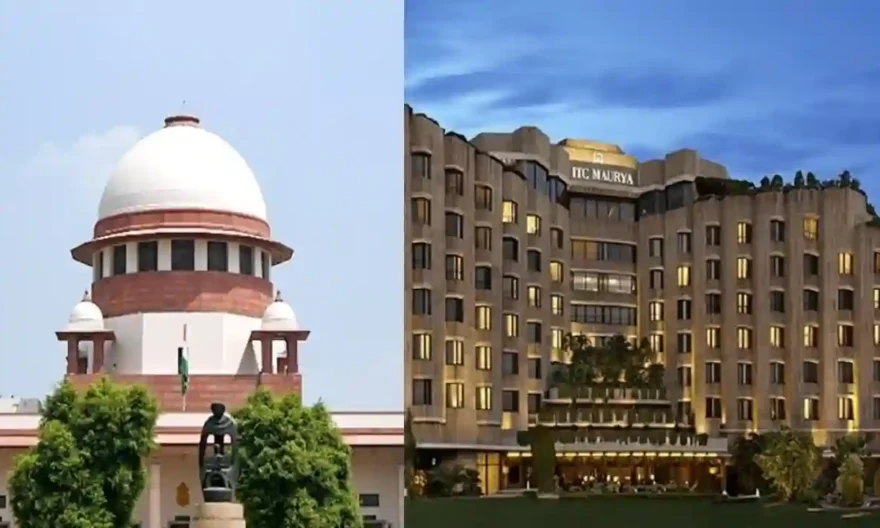
The Supreme Court on Tuesday set aside a Rs 2 crore compensation amount awarded to a lady for a bad haircut and hair treatment she received at the ITC Maurya hotel in Delhi.
A bench of Justice Aniruddha Bose and Justice Vikram Nath remanded the case to the National Consumer Dispute Redressal Commission (NCDRC) for a new determination of the compensation amount.
The top court was hearing an appeal by ITC against an order that reasoned that a bad haircut and hair treatment, which causes mental trauma and jeopardises career prospects, amounted to salon negligence.
The bench stated that the amount of compensation must be determined based on evidence rather than solely on the consumer’s claim.
“The NCDRC discussed regarding the importance of hair in a woman’s life and also that it could be an asset for building a career in modelling and advertising industry but then quantification of compensation has to be based upon material evidence and not on the mere asking … Once deficiency in service is proved then the respondent is entitled to be suitably compensated under different heads admissible under law. Question is on what basis and how much. Let this quantification be left to the wisdom of the NCDRC,” the Court said.
The NCDRC awarded her ₹2 crores in September 2021 holding that owing to the haircut against Roy’s instructions, by the hotel’s salon, she lost her prospective assignments and “suffered a huge loss” that completely changed her lifestyle and “shattered her dream to be a top model”.
ITC Hotels was also found to be negligent in terms of hair treatment.
The hotel then moved the Supreme Court.
The apex court stated that it would not interfere with the finding of deficiency in service because it was based on evidence.
However, the Court noted that the NCDRC did not deliberate on any evidence to arrive at the compensation amount of 2 crores.
“A perusal of the impugned order of the NCDRC reveals no reference to or discussion of any material evidence to quantify the compensation,” the Supreme Court stated.
According to the bench, the compensation was excessive and disproportionate, and thus erroneous.
The court also noted Roy’s refusal to use counsel, which may have prevented her from realising the importance of substantiating her claims for the compensation sought.
The bench noted that, “The respondent was offered legal representation, which she declined. This Court then offered her free legal aid, which would be provided by the SCLSC, which she declined. In the absence of legal counsel, the respondent, who is not a lawyer, may be unable to comprehend how and in what manner she must substantiate her claim.”
The appeal was thus partially allowed, and the Supreme Court Registry was directed to remit the matter to the NCDRC along with the 25 lakh deposited by ITC when the notice of appeal was issued.
The court ordered that the compensation be decided by the NCDRC after the parties had the opportunity to present evidence.
” … give an opportunity to the respondent to lead evidence with respect to her claim of Rs. 3 crores. In case such evidence is led then adequate right of rebuttal be given to the appellant. The NCDRC may thereafter take a fresh decision in accordance with the material that may be placed on record on the issue of quantification of compensation.”




